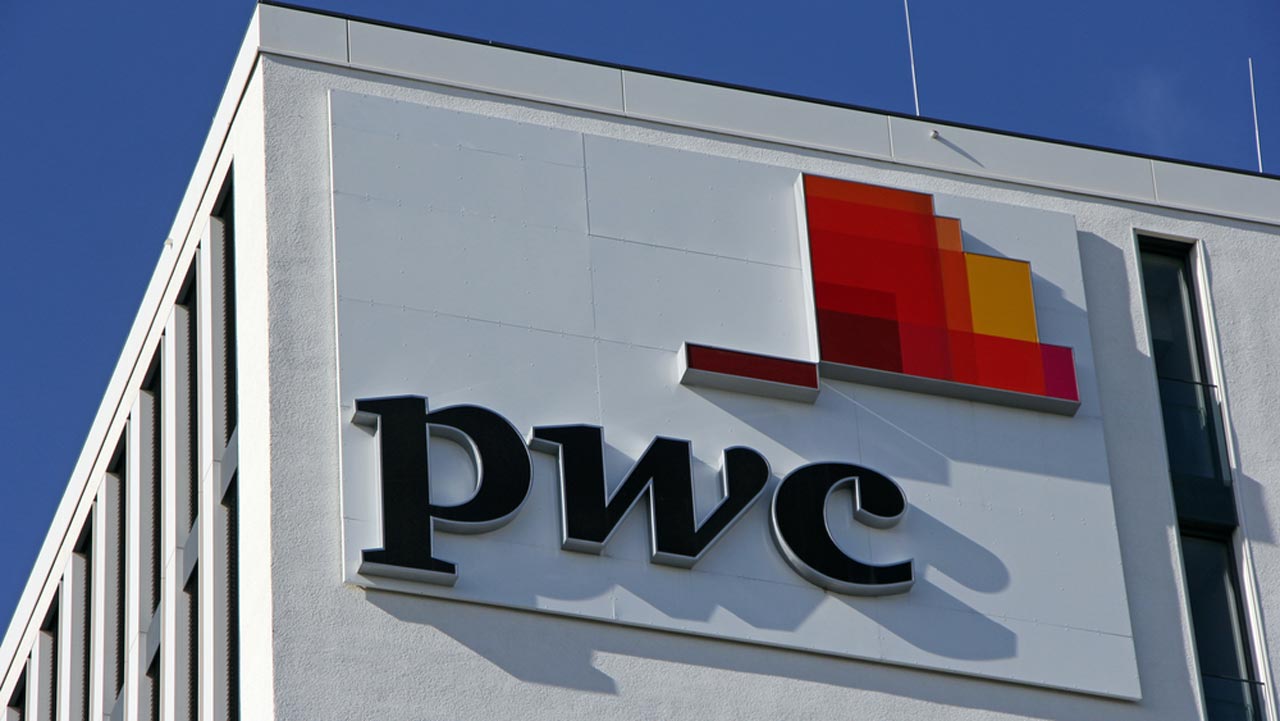PricewaterhouseCoopers (PwC) Nigeria has released its Nigeria Economic Outlook report for 2024, projecting a marginal decline in inflation and a 3.1% rise in Gross Domestic Product (GDP). The GDP projection is slightly lower than the 3.4% forecast by the Nigeria Economic Summit Group (NESG). PwC’s report also highlights a challenging outlook for 2024, with rising poverty levels and the persistence of a cost of living crisis in the country.
The report emphasizes the need to balance ambitious fiscal reforms with effective budget implementation to achieve sustainable growth in 2024. It suggests aligning fiscal and monetary policies to stabilize prices and reach target goals.
PwC identifies seven key trends that will shape the economic outlook, including executing fiscal reforms, balancing ambition with budgetary implementation, evolving monetary policy stance, and finding the right framework and instruments to achieve price stability, among others.
On infrastructure funding, the report notes that the allocated budget for infrastructure spending in 2024 is N1.32 trillion, falling short of both the World Bank’s suggested 70% infrastructure-to-GDP benchmark and the yearly $150 billion requirement specified in the National Integrated Infrastructure Master Plan for 2021-2025.
Security spending in the past nine years amounted to N14.8 trillion, but despite increased spending, insecurity remains a challenge, negatively affecting economic activities and undermining investor confidence.
Regarding revenue, PwC highlights that Nigeria’s ambitious revenue targets for 2024 depend heavily on oil prices and reform implementation. The report notes that achieving budgeted oil revenue in 2024 will depend on OPEC oil production quotas, international oil prices, improved security in oil-producing regions, and geopolitical factors.
Regarding the cost of living crisis, PwC notes that consumer spending may be pressured in 2024 due to rising prices of goods and services, including increasing food and transportation costs. Poverty levels are projected to increase to 38.8% in 2024.
Despite a low unemployment rate, low consumer spending and purchasing power remain issues, especially without a commensurate increase in the minimum wage to mitigate inflationary growth in the economy, according to the report.


